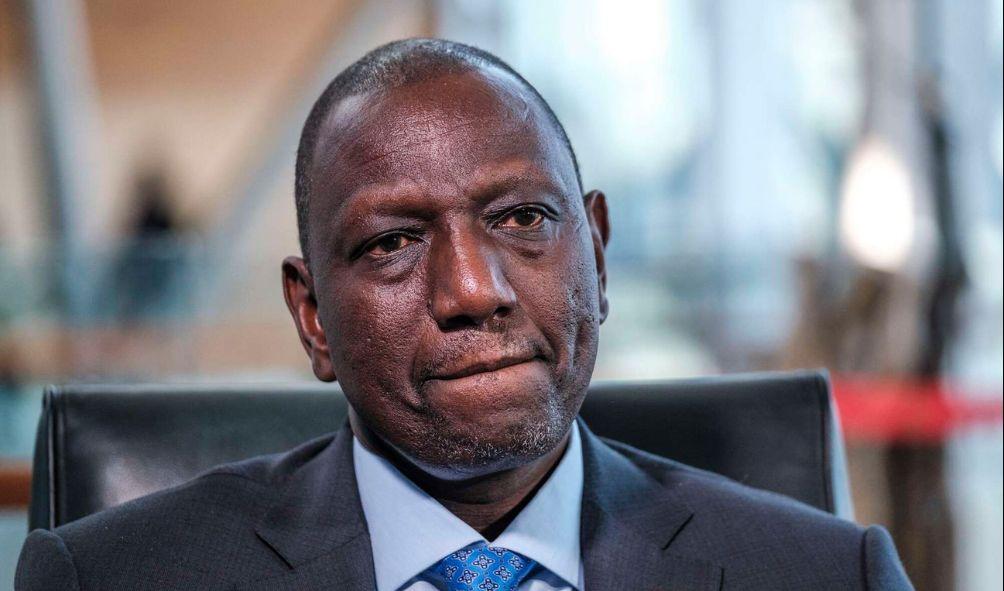Ruto Freshly Appoints IEBC Chair, Commissioners After Court Ruling
President William Ruto has officially re-gazetted the appointment of Erastus Ethekon as the new Chairperson of the Independent Electoral and Boundaries Commission (IEBC), alongside six other commissioners.
In a gazette notice dated Thursday, July 10, President Ruto confirmed Ethekon’s appointment for a non-renewable term of six years, as outlined in the IEBC Act.
“Using the powers granted by Article 250 (2) and Section 5 (2) of the IEBC Act, I, William Samoei Ruto, President of the Republic of Kenya, appoint Erastus Endung Ethekon as Chairperson of the IEBC for a six-year term,” the notice stated.
The newly appointed commissioners joining Ethekon are Ann Njeri Nderitu, Moses Mukhwana, Mary Sorobit, Hassan Noor, Francis Odhiambo, and Fahima Abdallah.
ALSO READ:
- Inside Job Exposed: Kenyan Prison Wardens Convicted for Orchestrating Daring Terrorist Escape
- Uganda Pulls the Plug: Nationwide Internet Blackout Ordered Days Before Crucial General Election
- African Elections Under the Spotlight as Zambia Turns to Kenya Ahead of 2026 Vote
- “Two Drug Barons in Cabinet?” Kenya Government Fires Back as Ex-Deputy President Sparks Explosive Drug Claims
- Kenyan Court Freezes Use of Private Lawyers by Government, Sparks Nationwide Legal Storm
This new gazette notice comes shortly after the High Court declared President Ruto’s earlier appointment notice invalid. The court ruled that the initial gazette had been issued against existing legal orders.
In a judgment delivered Thursday evening, a three-judge bench—Justices Roselyne Aburili, John Chigiti, and Bahati Mwamuye—said the original notice violated court orders issued on May 29, which had temporarily blocked the government from formalizing the appointments.
“The gazette notices were unlawful because they ignored a valid conservatory order,” the judges said. “The President must now issue a fresh gazette notice that complies with the court’s decision.”
However, the court dismissed a separate petition that questioned the legality of Ethekon’s and the other commissioners’ appointments. The judges found that the petition lacked sufficient evidence and did not meet the legal standard required to cancel the appointments.
Petitioners had argued that the appointments lacked inclusivity, showed signs of favoritism, and failed to include a person living with a disability—but the court found these claims unconvincing.
Ruto Freshly Appoints IEBC Chair, Commissioners After Court Ruling
